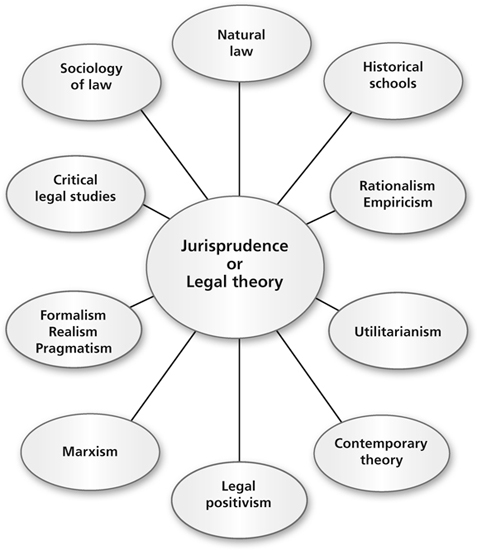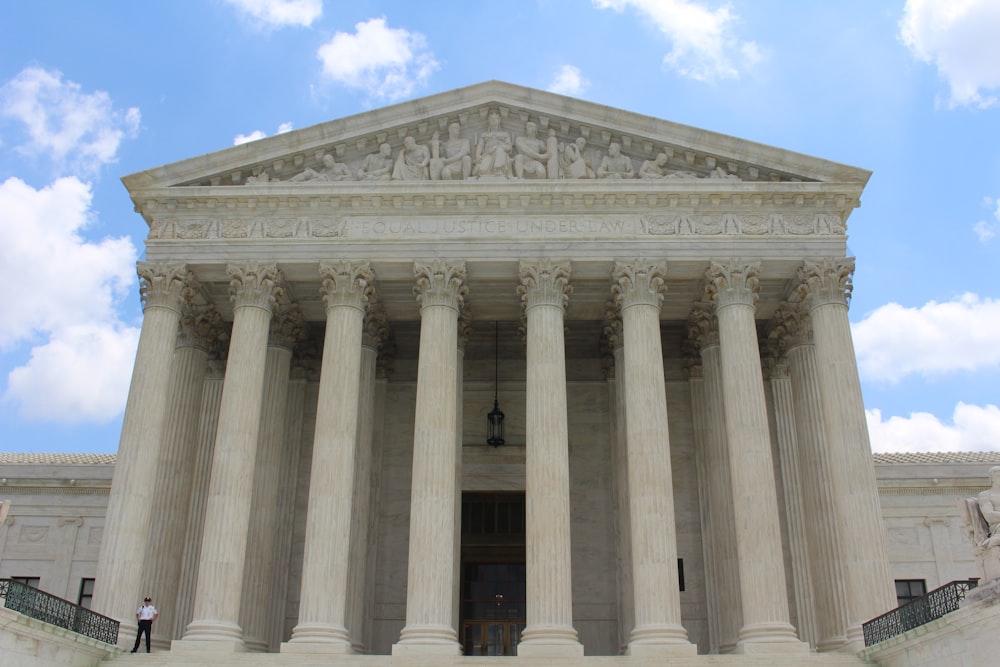Foundations of Legal Theory: Understanding Juridical Principles
3 min read

Foundations of Legal Theory: Understanding Juridical Principles
Legal theory forms the bedrock of the legal system, shaping the principles that govern societies. In this exploration, we delve into the essence of legal theory, its evolution, key schools of thought, and the enduring impact it has on the practice and interpretation of law.
Defining Legal Theory
At its core, legal theory encompasses the systematic study and exploration of the fundamental principles that underpin the legal system. It seeks to understand the nature of law, its purpose, and the theoretical frameworks that guide legal decision-making. Legal theorists grapple with questions about justice, rights, and the role of law in shaping societies.
Evolution of Legal Theory
The evolution of legal theory can be traced through centuries, influenced by philosophical, political, and societal changes. From the natural law theories of ancient philosophers to the positivist perspectives of the modern era, legal theory adapts to the shifting dynamics of human societies. Each era brings new challenges, prompting legal theorists to refine and expand their conceptual frameworks.
Key Schools of Legal Thought
Legal theory encompasses various schools of thought, each offering a unique perspective on the nature of law. Natural law theorists argue for a moral foundation to law, positing that certain principles are inherently just. Positivist theories, on the other hand, assert that law derives its validity from societal recognition and authority. Legal realism emphasizes the pragmatic impact of law on society, considering societal context in legal decisions.
Jurisprudential Concepts: Rights, Justice, and Liberty
Within legal theory, concepts such as rights, justice, and liberty are central to discussions about the purpose and function of law. Legal theorists explore the ethical dimensions of legal decisions, examining how the law protects individual rights, upholds justice, and balances individual liberties with societal needs.
Critical Legal Studies: Challenging Established Norms
Critical legal studies represent a school of thought that critically examines established legal norms. Advocates of this perspective argue that law is inherently political and reflects power structures within society. Critical legal scholars question traditional legal assumptions, seeking to uncover and challenge implicit biases and inequalities embedded in legal systems.
Law and Economics: Rationalizing Legal Decision-Making
Law and economics, as a theoretical framework, applies economic principles to legal analysis. This school of thought posits that individuals make rational decisions to maximize their utility, and legal rules should be designed to promote efficiency. Economic efficiency becomes a guiding principle in shaping legal rules and regulations.
Feminist Legal Theory: Addressing Gender Injustices
Feminist legal theory emerged to address the gender biases inherent in legal systems. It critically examines how law perpetuates and reinforces gender inequalities. Feminist legal theorists advocate for legal reforms that challenge traditional gender norms, promote equality, and address systemic discrimination.
Postmodern Legal Theory: Deconstructing Legal Narratives
Postmodern legal theory challenges the notion of objective legal truths. It deconstructs legal narratives, emphasizing the subjective nature of legal interpretation. Postmodernists argue that legal meanings are constructed through language and are contingent on various factors, including cultural context and individual perspectives.
The Role of Legal Theory in Practice
Legal theory is not confined to academic discourse; it plays a practical role in shaping legal practice. Judges, lawmakers, and legal practitioners draw on theoretical frameworks to interpret laws, resolve legal disputes, and craft legislation. Legal theory provides the intellectual foundation that informs legal reasoning and decision-making.
Exploring Legal Theory Further
For a comprehensive exploration of legal theory and its diverse perspectives, consider delving into Legal theory. This resource offers a deeper understanding of the theoretical underpinnings that influence legal systems globally. Whether you are a legal professional, student, or curious observer, a nuanced grasp of legal theory enhances your appreciation of the complexities inherent in the study and practice of law.






